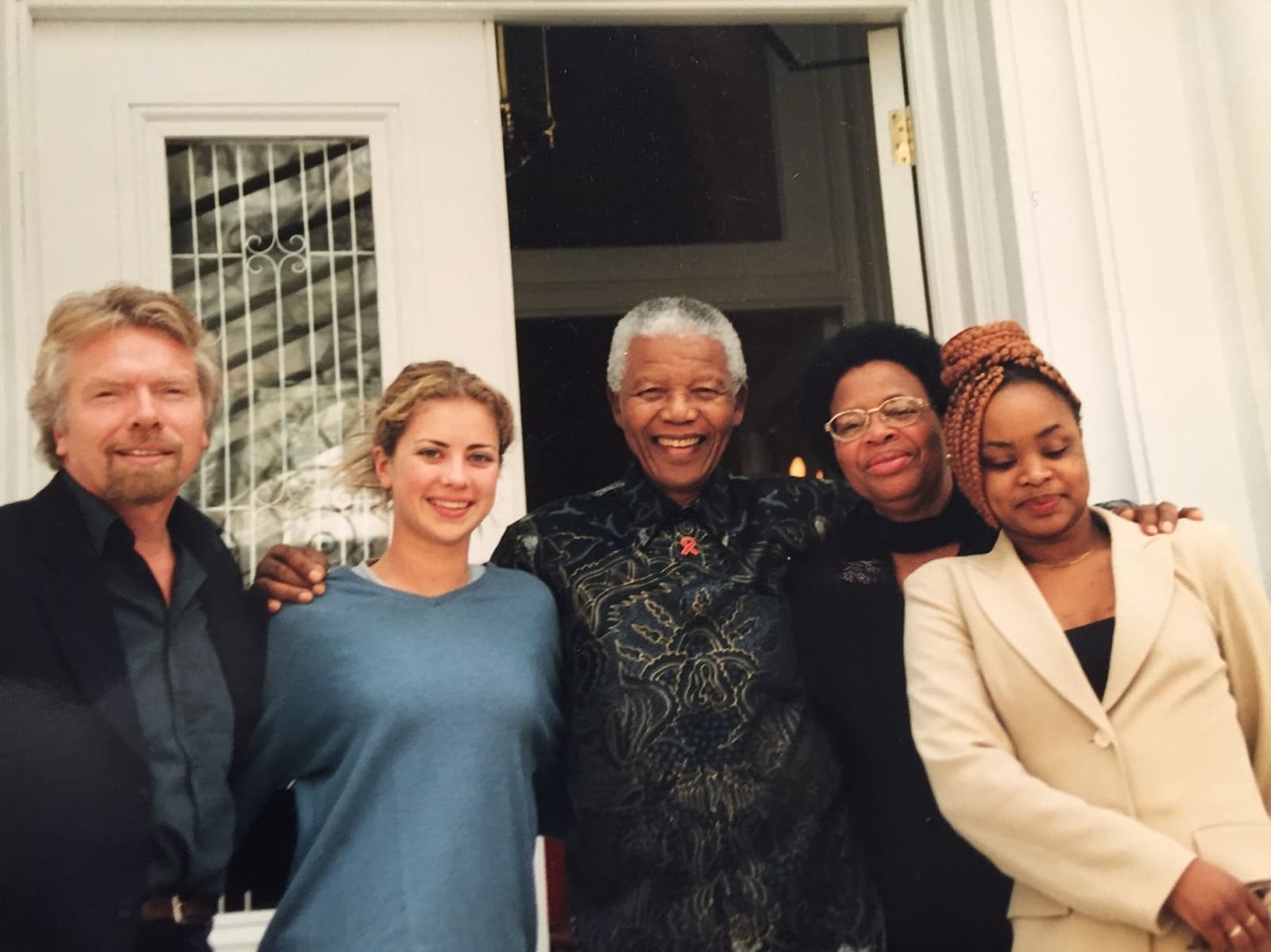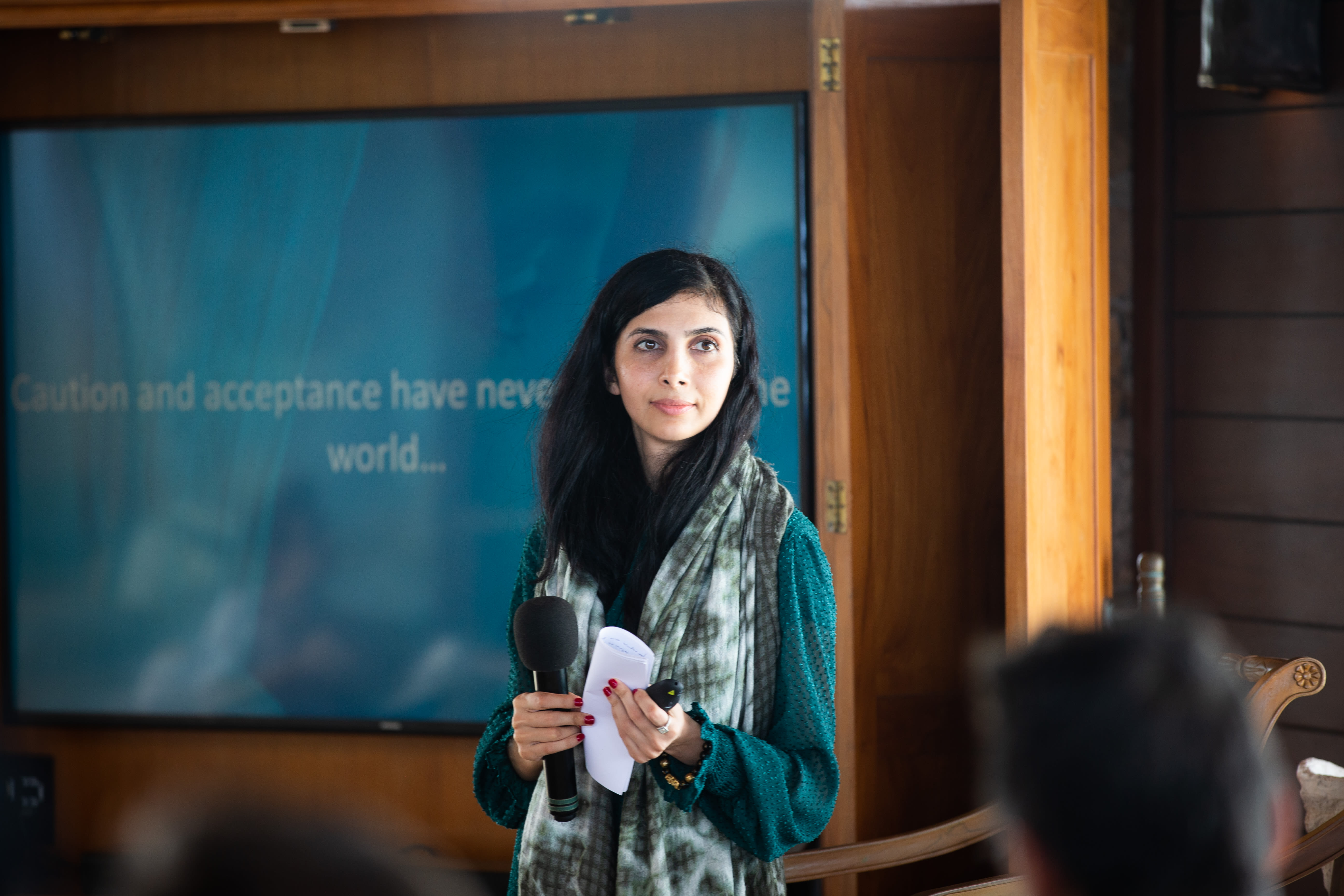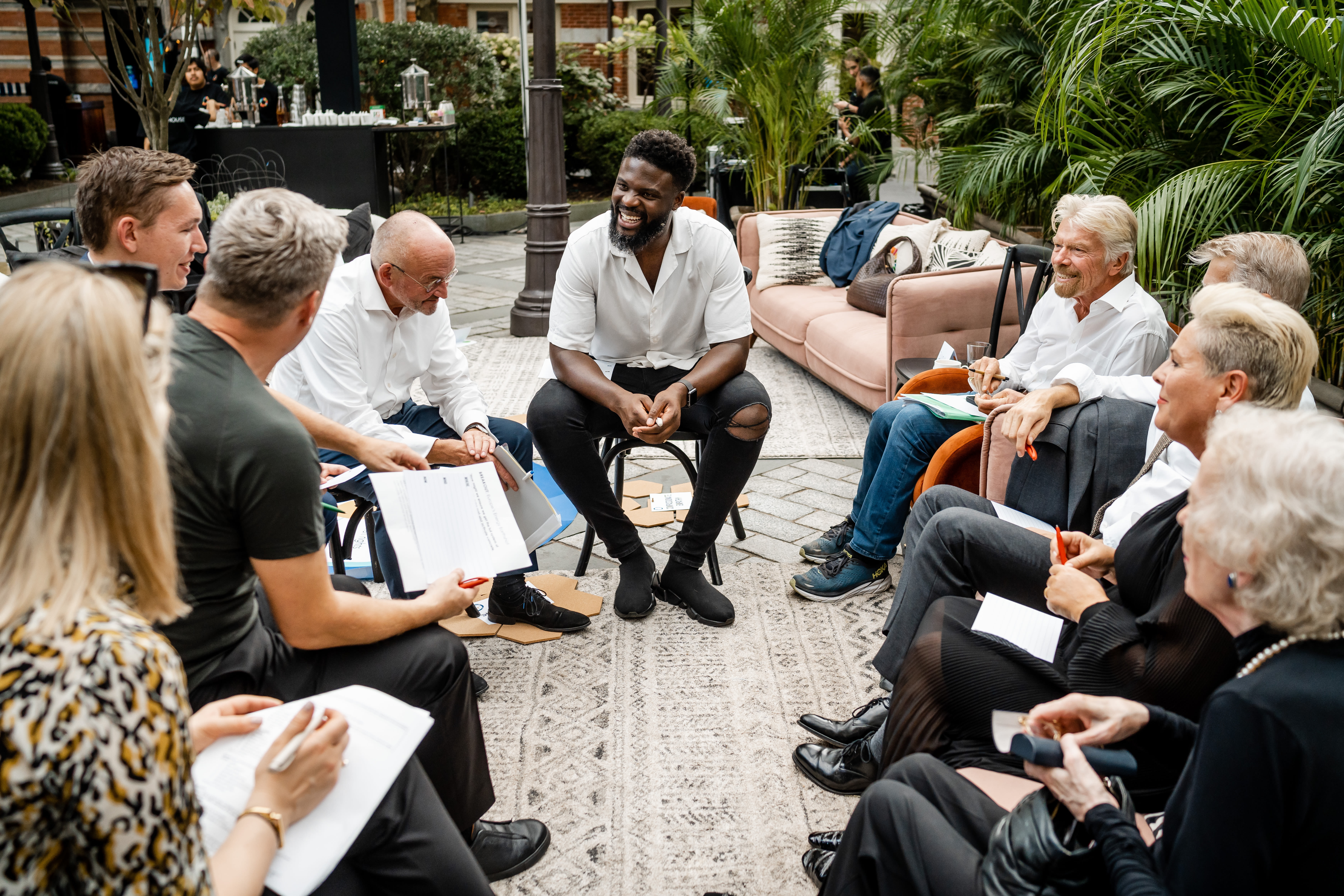Why intergenerational leadership matters
To tackle the world’s most pressing issues, we need to involve people of all ages in the decision-making process, the fact that young people are left out of critically important conversations about their future, has never made any sense to me.
Given more than half of the world’s population is under 30, we need to bring younger voices to the table, foster and support youth leadership and amplify the positive impact they are creating in the world. After all, it is their future at stake when leaders make (or fail to make) crucial decisions.
This is why I was so excited to hear about a meeting between The Elders, The NewNow leaders and a local activist group in South Africa to discuss how young people shaped the pandemic response and how we can work together towards a better future.
Incubated and funded by Virgin Unite, The NewNow supports a group of remarkable young leaders to multiply the impact they are creating, inspire the next generation of young leaders and challenge traditional power structures.
I remember meeting the leaders for workshops and discussions when the group first formed in 2016. There was such a magnetic energy in the room – with everyone united by a collective aim to build a better future. We learnt about their hopes and their innovative plans as they bounced ideas off one another’s ideas. I remember one leader said:
The world we want to live in is a world we will have to construct for ourselves.
Instead of being overwhelmed or frustrated by the world problems they have inherited, The NewNow is working together to find solutions. And instead of passing the blame or merely talking about ideas, they are passionate about taking action. I recall another one of the leaders saying:
I’d rather work with a group that wakes up every morning and wants to try.
Radical collaboration at its best.
At this recent meeting in South Africa, there were two leaders from The NewNow in attendance: Uzodinma Iweala (Uzo), an award-winning writer, filmmaker, medical doctor and current CEO of The Africa Center, and Jaha Dukureh, a leading women’s rights activist and anti-FGM campaigner. Uzo and Jaha have both been members of The NewNow since its formation and have persistently used their voices to advocate for human rights.
Representing The Elders (a group of established global leaders brought together by Virgin Unite) was Graça Machel - one of my earliest role models after meeting her with her husband, Nelson Mandela, when I was a young teenager. Graça was a former freedom fighter, the first Education Minister of Mozambique and is now the most incredible advocate for women’s and children’s rights. She was joined by Zeid Raad Al Hussein, the former UN High Commissioner for Human Rights and an instrumental leader within The Elders.
Joining forces, these intergenerational leaders met withyouth activists from The Justice Desk to discuss their various experiences of navigating the pandemic and fighting for justice more broadly.
After hearing each other'sstories, Uzo said:
Everyone was affected by the pandemic, but not everyone was affected equally. So much of what we saw, and continue to see, is racially determined. Whilst so much of the racial inequity is systemic, personal choice matters. The systems we all live within are set up with racism at their heart and it’s up to all of us to acknowledge the history and make considered choices. Speaking to activists from The Justice Desk, I was reminded of young people’s determination to get their voices heard. They want older people to remember, and to understand, the hypocrisy and the broken constructs that surround them and hurt them.
Jaha raised concern over the disproportionate impact of lockdowns on women and girls in South Africa, noting the increase in domestic violence, sexual assault and child marriage. She also cited some brilliant solutions that young people developed in the pandemic such as anonymous hotlines to directly support communities. Solutions like this illustrate why it’s so important to engage with young leaders and activists and support the work they’re doing.
Jaha also stressed how activists from The Justice Desk were on the ground witnessing the impact of the virus, busting myths, and educating communities on everything from sanitation to how women can seek help when they are at home and at risk.
The impact of COVID-19 in South Africa and around the world has been devastating, and conversations like this are critical in defining how we respond in future crises. It reminded me of one of my favorite quotes from Graça Machel, when she said:
Don’t underestimate the power of people. Our weakness is that we do not know how powerful we are – and we are not using the power we have as citizens. Go out there and organise, organise, organise. Mobilise, mobilise, mobilise. We’ll get there.
It’s so inspiring to see these intergenerational conversations and collaborations. This is how we can organise and mobilise towards a more just world.







